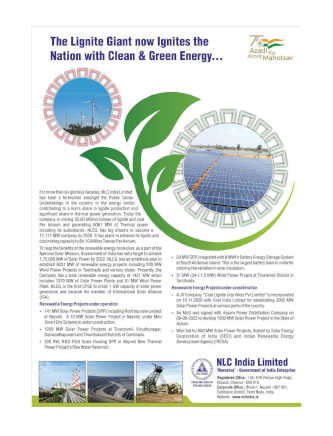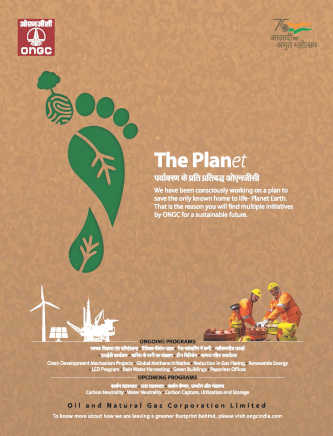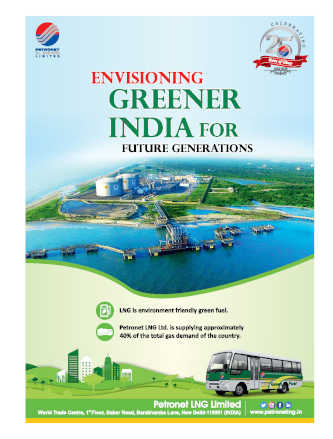Doubling its investment, solar panel glass manufacturers Borosil Renewables is eyeing to become the world’s largest non-Chinese-owned company in the sector. Borosil Renewables has said that it will invest Rs1,500 crore over the next two years to expand its capacity by nearly 2.5 times and supply glass for 15 GW of solar modules by FY25. “We are doubling down on our investments because being the first and the only domestic manufacturer of solar panel glasses we see sky is the limit for demand,” said Pradeep Kheruka, executive chairman of Borosil Renewables. “We are investing another Rs1,500 crore to take our capacity to 1,550 TPD (tonnes per day) by FY24 and to 2,100 TPD by FY25 which will help us supply 15 GW of solar modules,” he said. As of March 2022, India has around 15 GW of solar module manufacturing capacity. Due to stiff competition from low-priced imports and low installations, the actual utilisation of the domestic manufacturing in the country is about 6 GW annually (about average 40-45 per cent utilisation). However, this trend is expected to change with a favourable policy framework, which will help create enablers for investments into domestic manufacturing. About 37 GW new capacity expected to be added by various existing and new players taking the capacity to over 50 GW. The share of solar in renewables in India is increasing: Out of total installed power generation capacity of 399 GW as of March 2022 in the country, renewables form around 27 per cent of the same (110 GW) of which solar (54 GW) is about 49 per cent of the renewable capacity. While the target for solar has since been raised to install 300 GW by 2030, FY22 witnessed the highest annual installations. Borosil also plans to invest in its latest German acquisition – Interfloat Group – to increase its capacity to 500 TPD from 300 TDP now by 2023, “With these capacity augmentation, by FY25 we will be able to supply 2,600 TDP of solar panel glasses that can generate 15 GW of power and make us the largest non-Chinese-owned company in the world,” Kheruka said, adding all the domestic expansion will be in and around the company’s Baruch facility in Gujarat. Interestingly, the anti-dumping duty levied on the Chinese solar glass is due to end in July. Borosil states that it has already applied for an extension of the same because there is no change in the circumstance. “They continue to dump, and we are awaiting the result of our application,” argued Kheruka. The Borosil Group firm acquired Interfloat Group in late April – the largest solar glass manufacturer in Europe – for 55.5 million euro. Kheruka recently pointed out the structural shifts in the demand for solar glass on the back of technological changes in solar cells and modules. The module sizes are becoming larger and there is growing preference for bifacial modules, using two glasses in each module as against one in the case a conventional module. As a result, there is a shift in favour of thinner glass of 2mm globally. “Borosil is equipped to meet this to a great extent and is also building significant capacities for such products looking at future growth,” he said. “On the one hand prices of inputs have risen and on the other hand the solar glass export prices from China have declined in the last few months. This is likely to cause a moderation in the margins for the company and also for the competition,” he added. The Borosil Group was founded in 1962 in collaboration with Corning Glass of the US and comprises two publicly listed entities – Borosil and Borosil Renewables. Borosil manufactures around 600 consumer and laboratory glass products such as laboratory glassware, pharma packaging, microwavable kitchenware, and now cookwares tableware and solar glass at its Jaipur, Nashik, Pune and Tarapur plants.
-

Borosil is doubling down its investments as it sees demand for solar panel glasses is increasing























